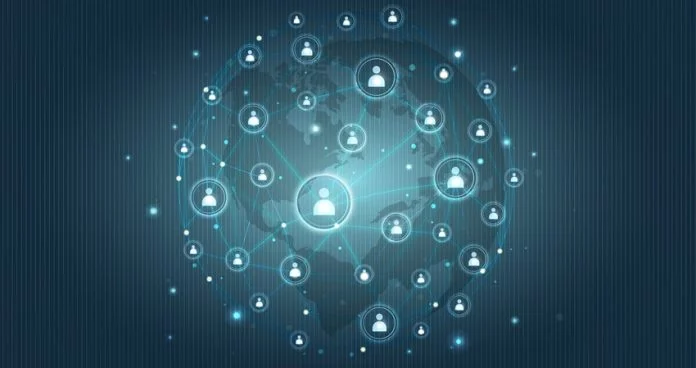
The worldwide web has undergone a radical transformation over the years. When the web started, everyone started publishing their website online to create an online presence so that people could know them.
Initially, Web 2.0 came into the picture, which brought us social media and e-commerce platforms like Google, Facebook, Amazon, etc. These all came together to provide top-notch services to simplify your professional and personal life. Nowadays, we use these apps every day, and we are happy with them. they own you; they know everything about you.
Somewhat it is good as they know you.
Centralization is everywhere nowadays. When the internet came into the picture, it followed the method of decentralization; everyone had their own authority and power as they were buying their own server.
But now, due to facilities like AWS- Amazon web services, we can host our website on AWS, which simply means AWS owns our data. With these powerful cloud computing services, you can simply host and run your websites or applications.
In the Facebook scandal, we learned that they used our data for political purposes. Advertisers have access to and share your personal information, and they can use it to manipulate you, use data as they want, & what you see is what you learn.
Drawbacks of the centralized Internet:
- Servers can go down
- Companies can monetize your data
- Hacking is a basic phenomena in centralized servers
So here is the concept of Web 3.0, Decentralized internet:
It is the idea that the web runs across a number of machines that consistent users own except for a central place like a server.
In this framework, Blockchain is a driving force of the next-generation Internet, the Decentralized Web, or Web 3.0.
The decentralized network can bring us, true Peer, to Peer transactions without a middleman, Take an example of Bitcoin.
A decentralized version depends on a peer-to-peer network built on a user group.
Each website would be spread out across thousands of nodes on different devices, eliminating the probability of a server crashing due to, say, a DDoS attack.
But, since Decentralized computing is booming, It is considered as an improvement over the hackable and crashable version we have now.
Hence it stands a better chance of stabilizing across the next decade.
Visit YourTechDiet to stay informed about the latest tech trends.

